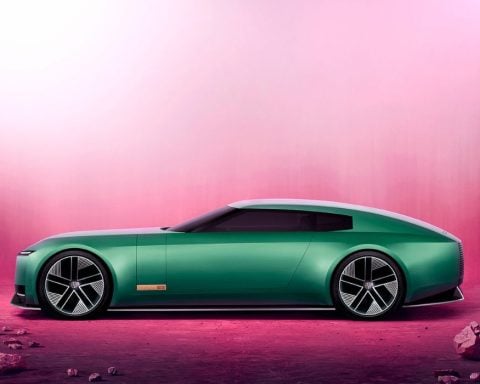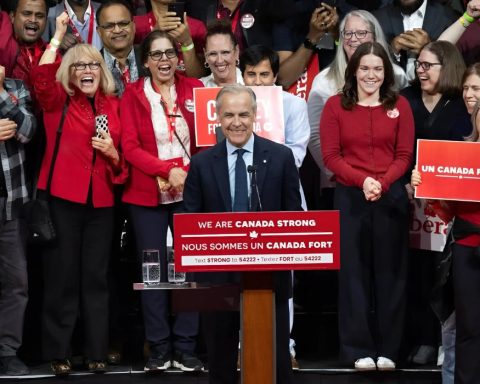Hero: Etsy
For decades, General Motors cultivated a “man’s world” image for its cars and trucks. The Chevy Silverado pickup is still aimed at rugged outdoorsmen and construction businesses. And let’s not forget the lumbering Hummer, based on the Humvee military vehicle.
Who could have imagined that, by 2021, GM would have more women on its board than any other carmaker, not to mention most other businesses?
Mary Barra, an electrical engineer, broke the mould when she became chairman and CEO seven years ago. Women now occupy seven of GM’s 13 board seats. The latest appointee, announced in March, was Meg Whitman, Hewlett-Packard’s former CEO. “Our diverse board of directors is a competitive advantage for GM as we work to deliver a better, safer and more sustainable world,” Barra noted.
Pressure to diversify corporate boards has grown in recent years in line with the realization that a business is unlikely to reach its full potential unless its leadership mirrors its employees, customers and suppliers. In a review of U.S. initial public offerings over four years, Goldman Sachs concluded that companies with at least one female director performed significantly better than those with none.
Nasdaq proposed last December that at least two members of every listed company’s board not be straight white men. In most cases, one must be a woman, the other a member of an under-represented minority or LGBTQ.
Even so, few companies have so far matched GM’s record. Women make up fewer than half the directors at 95% of companies in the Russell 3000 Index, which tracks the 3,000 largest U.S.-traded stocks by market value, according to advocacy group 50/50 Women on Boards.
Despite GM’s standout record on board diversity, the carmaker failed to make JUST Capital’s latest list of American companies leading the way for women in the workplace. JUST’s rankings track not only board gender diversity but also pay gaps, paid parental leave, backup dependent care, and paid time off or vacation policies. Of 928 companies surveyed, only five checked all the boxes: Bank of America, Etsy, General Mills, Hewlett-Packard and Starbucks.
E-commerce website Etsy came out on top. Women make up half of its board, and a third of its engineers are women, double the industry average. It offers generous paid parental leave and six months of paid leave for caregivers and adoptive parents. Those seven women on GM’s board clearly still have some work to do.
Zero: Chevron
Follow U.S. energy giant Chevron on Twitter and you’ll notice that it likes to portray itself as an ardent fighter for the environment. “Innovation is everything,” it trumpeted on April 5. “Find out how we’re investing in technologies that help address climate change.” Three days earlier, the company boasted about its support for a price on carbon.
Yet those tweets are a far cry from the way Chevron runs its business, judging by a groundbreaking complaint lodged with the U.S. Federal Trade Commission in March: Earthworks, Greenpeace and Global Witness accused the company of “greenwashing” – spending more time and money crowing about its environmentally friendly products and practices than doing the work to make them so.
The complaint marks the first time that activists have asked the FTC to apply its Green Guides against a fossil fuel company. The guides, first issued in 1992 and revised several times, seek to help marketers ensure that their claims are true and substantiated.
The groups allege that “for too long corporations like Chevron and other oil majors have taken advantage of loose or vague rules regarding advertising and other interactions with consumers, and our coalition seeks to hold them to account in order to ensure that they cannot lie to the public without consequence again.”
They cite a study by the Climate Accountability Institute, which identifies Chevron as the world’s second-biggest emitter of carbon dioxide, after oil giant Saudi Aramco. According to the study, Chevron and three other investor-owned companies – ExxonMobil, BP and Royal Dutch Shell – have spewed out more than 10% of all carbon emissions since 1965.
A 2019 report by InfluenceMap estimated that Chevron and four other publicly traded oil and gas producers spend almost US$200 million a year lobbying to delay, dilute or block government policies aimed at tackling climate change. As an example, the report cites Chevron and BP’s contributions to a campaign that successfully blocked the imposition of a carbon tax in Washington State.
Edward Collins, the report’s author, told The Guardian: “Oil majors’ climate branding sounds increasingly hollow and their credibility is on the line. They publicly support climate action while lobbying against binding policy. They advocate low-carbon solutions but such investments are dwarfed by spending on expanding their fossil fuel business.”
Chevron insists it is working with governments to design “balanced and transparent” policies that reduce GHGs and address environmental goals while ensuring that consumers have access to affordable, reliable and ever-cleaner energy. Now let’s see what the FTC says.





